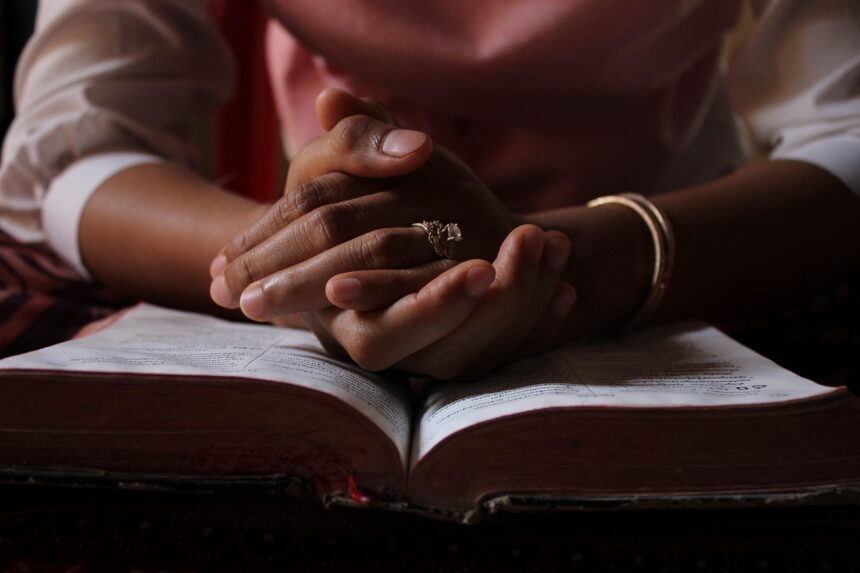New Delhi – India, a nation celebrated for its unparalleled diversity of religions and cultures, is a mosaic of deeply held beliefs. However, recent developments reveal a troubling trend: many, including influential public figures, appear to reiterate these beliefs without fully comprehending their implications. This lack of reflection often leads to societal tensions and controversies. The pressing question is: Are we genuinely engaging with our beliefs, or are we merely echoing them?
Public Figures and Controversial Statements
The role of public figures in shaping societal attitudes and beliefs cannot be understated. Their words have the power to unite or divide, and some recent statements have ignited heated debates.
- Swami Prasad Maurya’s Remarks on Hinduism
- In December 2023, Samajwadi Party leader Swami Prasad Maurya stirred controversy with his statement, “Hinduism is not a religion but a deception and a livelihood for some.”
- This comment received widespread backlash, with critics accusing him of distorting the essence of Hinduism and misrepresenting its teachings. The incident highlighted the perils of making sweeping generalizations about deeply rooted belief systems.
- Supreme Court’s Concern Over Religion in Politics
- In March 2023, the Supreme Court of India expressed concern about the misuse of religion in politics, stating, “The moment religion and politics are separated, and politicians stop exploiting religious sentiments, hate speeches will cease.”
- This observation underscores the growing misuse of religious identity as a political tool, often at the cost of fostering communal harmony.
- Media Misrepresentation of Religious Texts
- In June 2023, the Bombay High Court addressed concerns over a film, Hamare Baarah, which depicted a character misinterpreting verses from the Quran to justify wrongful acts. The court noted the dangers of superficial interpretations of sacred texts and their potential to mislead audiences.
The Role of Media in Reinforcing Beliefs
Media plays a crucial role in shaping public understanding of religious and cultural narratives. However, it often oversimplifies or sensationalizes complex issues, further complicating the discourse.
- Sensationalism Over Depth
- In the race for higher ratings, many media outlets prioritize dramatic headlines over thoughtful analysis, leading to widespread misconceptions about religious teachings and traditions.
- Echo Chambers on Social Media
- Platforms like Facebook and Twitter, driven by algorithms, create echo chambers where users encounter content that reinforces existing beliefs. This environment discourages critical thinking and limits exposure to diverse perspectives, deepening divisions.
Bridging the Gap Between Belief and Understanding
To build a harmonious and inclusive society, it is crucial to shift from rote repetition to reflective engagement with our beliefs.
- Education as a Foundation
- Comprehensive education on religious and cultural texts can help individuals appreciate the philosophical and ethical principles underlying their beliefs. This approach fosters mutual respect and reduces the risk of misinterpretation.
- Fostering Interfaith Dialogue
- Open platforms for dialogue among communities can dispel myths, build trust, and promote a nuanced understanding of diverse belief systems.
- Encouraging Personal Reflection
- Reflection on one’s own beliefs and the beliefs of others can foster empathy, helping individuals to engage with faith as a source of personal growth rather than division.
Conclusion
Recent controversies surrounding public statements and media portrayals of religious narratives highlight the need for a deeper understanding of beliefs. In a secular and diverse nation like India, where coexistence is foundational, moving beyond superficial engagement to genuine comprehension is essential for fostering mutual respect and harmony.
By promoting education, encouraging dialogue, and inspiring introspection, India can ensure that its beliefs serve as bridges of unity rather than barriers of division. The true strength of a diverse society lies in its ability to learn, adapt, and embrace shared values rooted in mutual understanding.


Leave a Reply